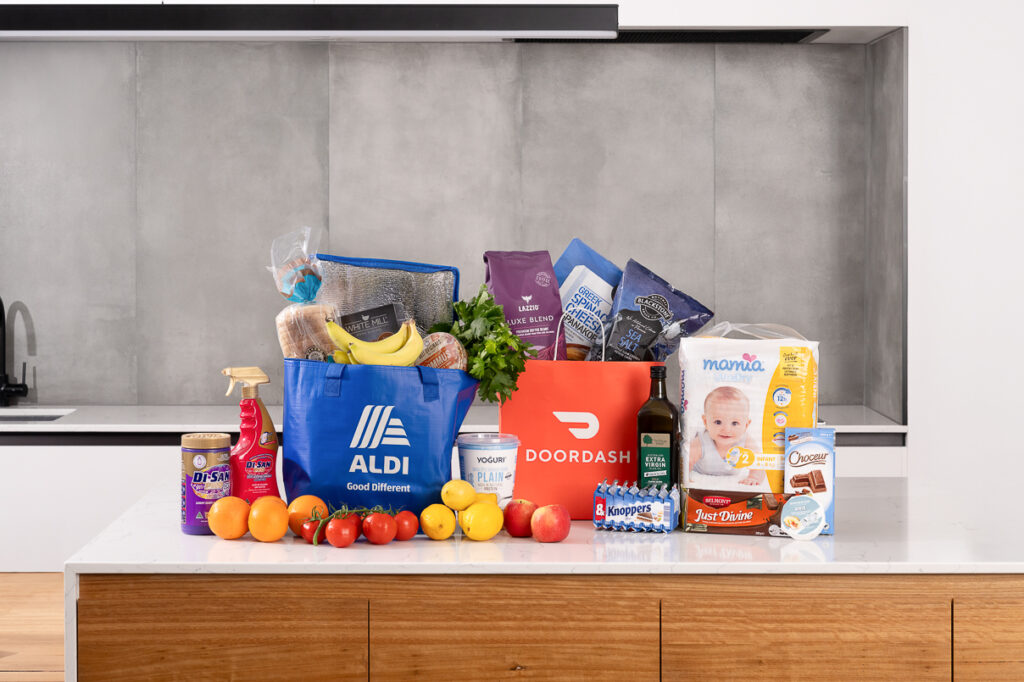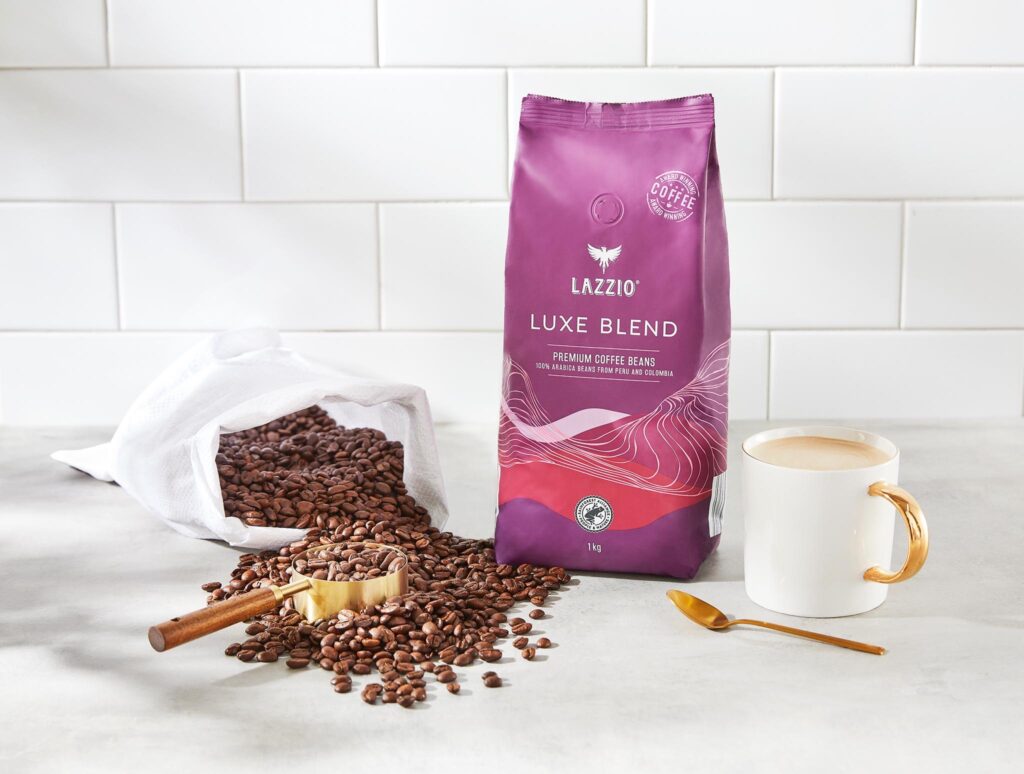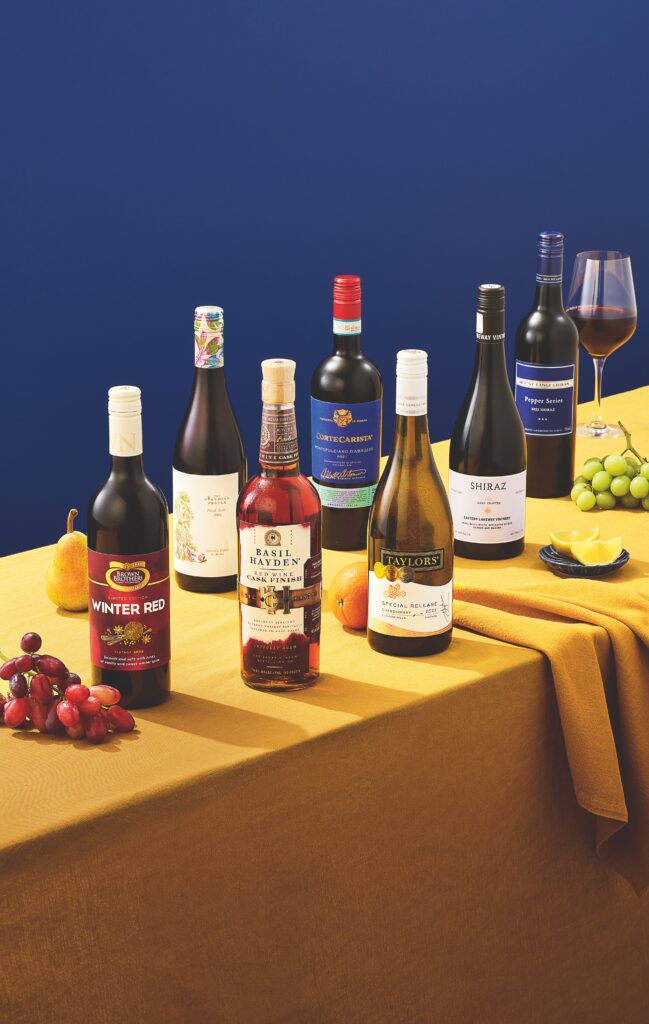With food waste a big topic of conversation at the moment, we wanted to tackle this issue and share what ALDI does as a business to minimise our impact in this space. Essentially our approach is simple; we seek to minimise wastage from the very first step in our supply chain: right before our products even reach stores. Our efforts don’t stop there. Once a product reaches its saleable life, we donate this surplus food to our local charity partners rather than it going direct to landfill.
It all starts with ordering
Overseeing ordering on a large scale, the ALDI Buying Team are experts at monitoring and minimising food wastage. Our Buyers use sales data to carefully manage the volume of orders, nationally, taking into account seasonality and location. This is especially important for fresh produce, which has a short shelf life and can easily go to waste if stores are overstocked.
Interestingly, we discovered that Victorian shoppers are bigger fans of asparagus than West Australians, with significant differences in shopper demand between the two states. Our Buyers order 34 cases of asparagus per store for Victoria, compared to 18 cases for Western Australia.
It will also come as no surprise that we typically order 150kg bins of watermelon for each store during summer. In winter, when there’s less shopper demand for watermelon, we drop our order sizes down to 75kg bins.
Working closely with our suppliers
Are you picky when it comes to choosing the perfect piece of fruit? Maybe you avoid a few blemished apples or the bunch of bananas that seem over-ripe. Well, these imperfections may very well be due to the conditions in which the produce grew. For example, a particularly windy fruit growing season will often result in minor markings on the skins of fruits like mandarins.
We recognise that our suppliers grow quality produce, regardless of a few blemishes. To avoid fresh fruit from going to waste, we make it our aim to work closely with growers to utilise as much of their crop as possible, while still ensuring the produce that reaches our stores meets ALDI’s high standards and specifications.
For example, when South Australian fruit growers were affected by a hailstorm, we took the opportunity to stock the Hailstorm Heroes range which embraced fruit that had received minor imperfections as a result of the disaster.
On a year round basis, our Li’l Snakerz range of apples, bananas and pears makes use of fruits smaller than the standard crop profile (while also making a great addition to the kids lunchboxes!) and are available in stores every day.
Further assisting Australian growers, ALDI was the first retailer to set banana specifications that allow growers to supply different sizes of bananas within the one carton.
Packaging for protection
We package our fresh produce with purpose. From providing a physical barrier to protect delicate produce like strawberries and mushrooms, to preventing the greening of potatoes or the dehydration of refrigerated produce, our packaging methods are designed to deliver optimum freshness and prevent wastage associated with damaged stock. You may have noticed we do things a little differently, extending to the way we stock our produce. From warehouse to shelf, most of our fruit and vegetables are transported to stores in reusable crates, then displayed in store in these same crates. The crates are re-used time and time again for produce deliveries, and best of all, they are made from recycled plastic.
This process isn’t just an efficient tool for restocking shelves. The crates also protect during transit, ensuring our produce retains its high quality on arrival to store.
Influencing store operations
Our compact product range of 1,450 items is an element of difference between ALDI and other major supermarkets. Having a smaller range of products encourages higher stock turnover, meaning we have less product going to waste than other supermarkets which have in excess of 20,000 items storewide.
You may have also noticed that some of our products include a “display until” date. While our customers will find this date helpful to determine the freshness of a product, our staff refer to this date on a daily basis. Once products start reaching the end of their saleable life, our store staff will reduce the price up to a week in advance. We don’t like letting good product go to waste, so if our customers decide not to pick up a bargain, the product will be donated to one of our charity partners.
This is where ALDI’s Food Rescue Program comes in. Every ALDI store in Australia is linked to a food rescue partner, helping to tackle food waste and fight hunger at the same time. In 2017 alone, ALDI donated 3500 tonnes of quality surplus food (equating to 4.25 million meals) to Foodbank, Oz Harvest and Second Bite.





